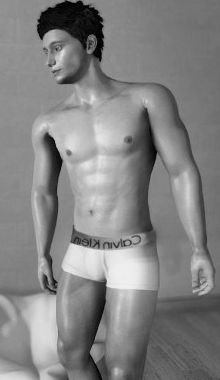Gay sex & porn games

Unlike the Olympics, which are exclusive to elite athletes, anyone over 18 is welcome to compete at the gay games. The event takes place every four years and encompasses both sports and cultural events. Athletes come from all around the world, regardless of athletic ability or sexual orientation, to compete in 36 different sports and 14 cultural events. The goal of the event is to bring a sense of community, acceptance and equality to all participants, not just in the sports arena but also in the cultural events and beyond.
The first gay games took place in 1982 in San Francisco. Founder Miller Waddell sought to break down the various forms of segregation and prejudice alive in gay and lesbian communities through a unifying sporting event that focused on inclusiveness and participation over winning. By promoting acceptance and inclusion in a global context, the first gay games fostered bonds between participants that went well beyond sport.
Gay game download
But it wasn't all smooth sailing for the event from its inception. Waddell's organization faced legal action from the US Olympic Committee, which alleged that the use of "Olympic" in the name and logo of the Games was a trademark violation. The USOC's complaint cited six arguments, including SFAA's failure to secure the rights to use the word, and violation of international conventions and federal unfair competition laws.
While many people were initially skeptical of the Games, their popularity grew and the movement was successful in advancing equality for the LGBT community. In addition to the sports competitions, there was a strong program of cultural events that gave the Games an important educational element. By the late 1980s, the gaygames had expanded to a size that made them comparable to other major international multi-sport events, with athletes competing for medals in their chosen disciplines.
Gay porn and sex games
In 2023, Hong Kong will become the first Asian city to host the Games. The decision to select Hong Kong was seen as a political step in support of LGBTQIA rights in a region where China's anti-LGBT policies are particularly challenging for the community. However, some fear that the gay games will expose Hong Kong's less-than-progressive attitudes towards same-sex marriage and anti-discrimination laws.
Nevertheless, the gaygames are expected to draw thousands of participants from all over the world. Athletes must pay a registration fee to take part, plus additional costs for some sports and travel. But the games offer an environment where athletes can be their most authentic selves, which is why so many seek out this unique experience. The gay games have a long and storied history, and the 11th edition, which will take place in Hong Kong and Guadalajara, is sure to be just as exciting as its predecessors. It's one of the few times that all athletes can compete in a single global event - regardless of their gender or identity. And that's something to celebrate. All athletes deserve that opportunity.





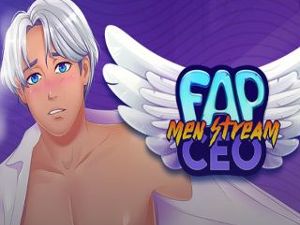
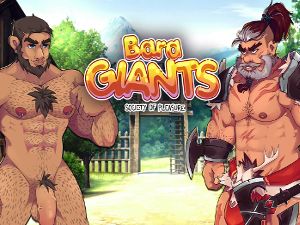

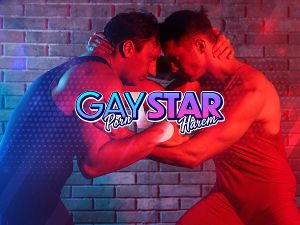




 VR Gay Games
VR Gay Games Gay Harem
Gay Harem Gay Game
Gay Game Nutaku Gay
Nutaku Gay Try not to cum
Try not to cum 3D Gays
3D Gays 3DXChat gay
3DXChat gay

